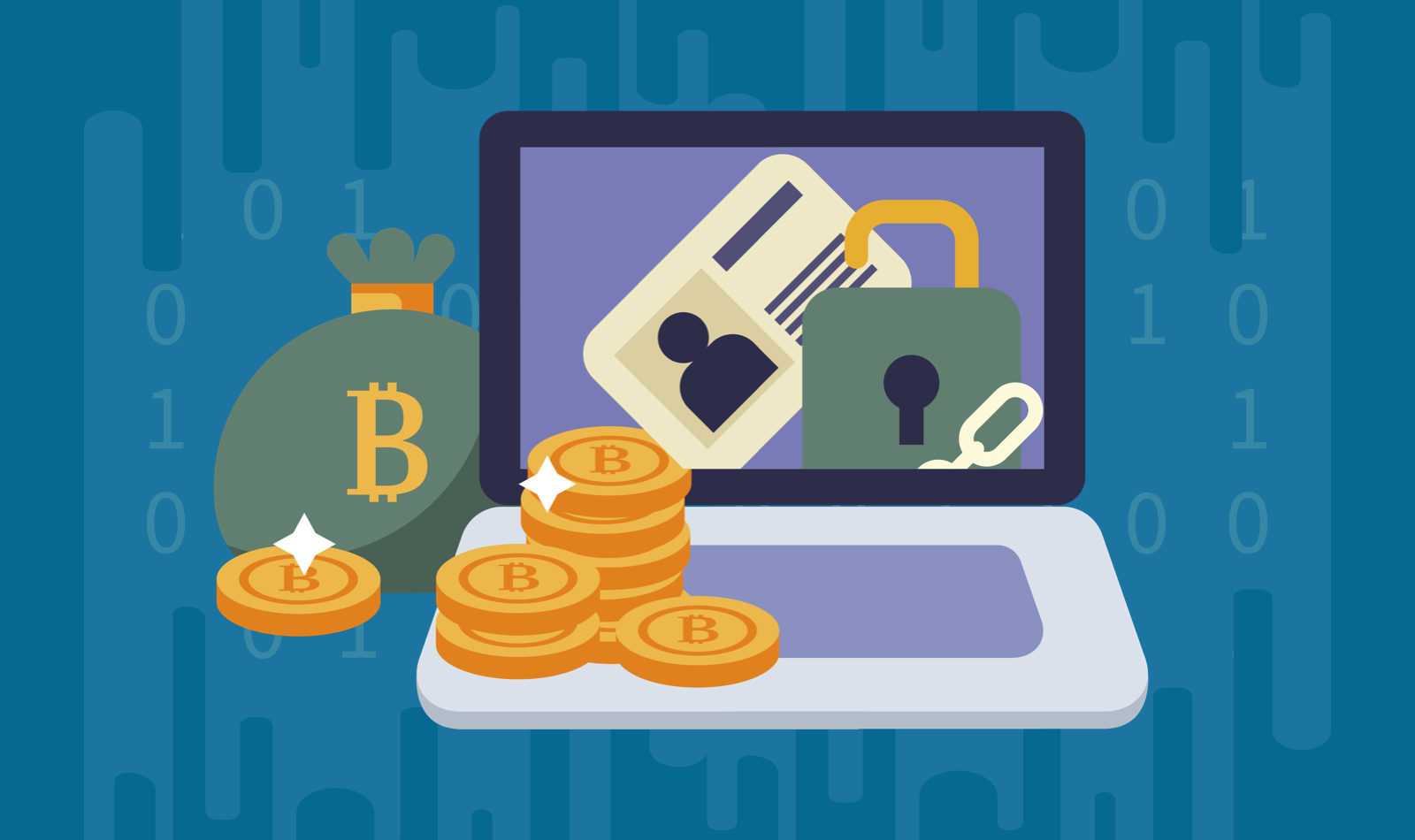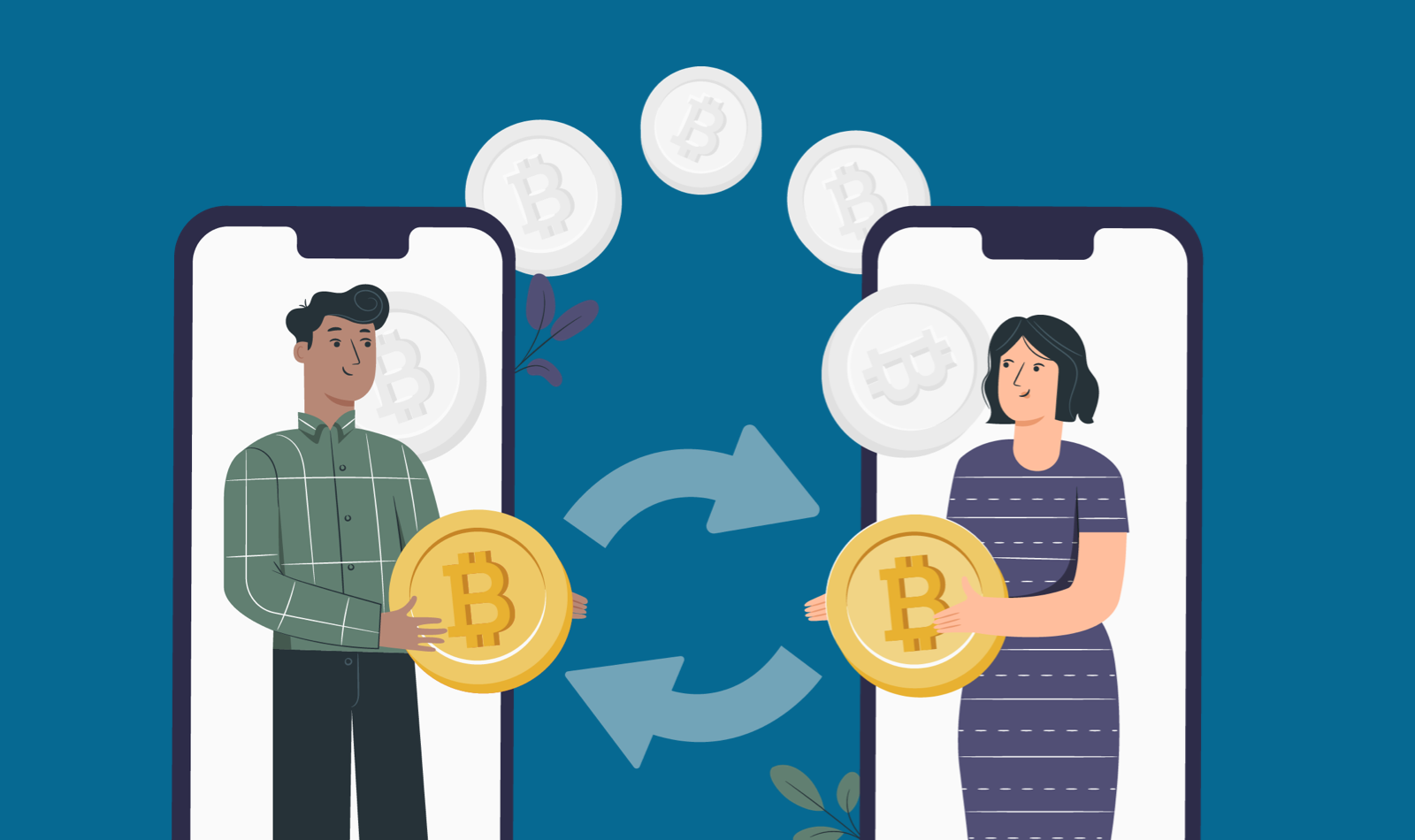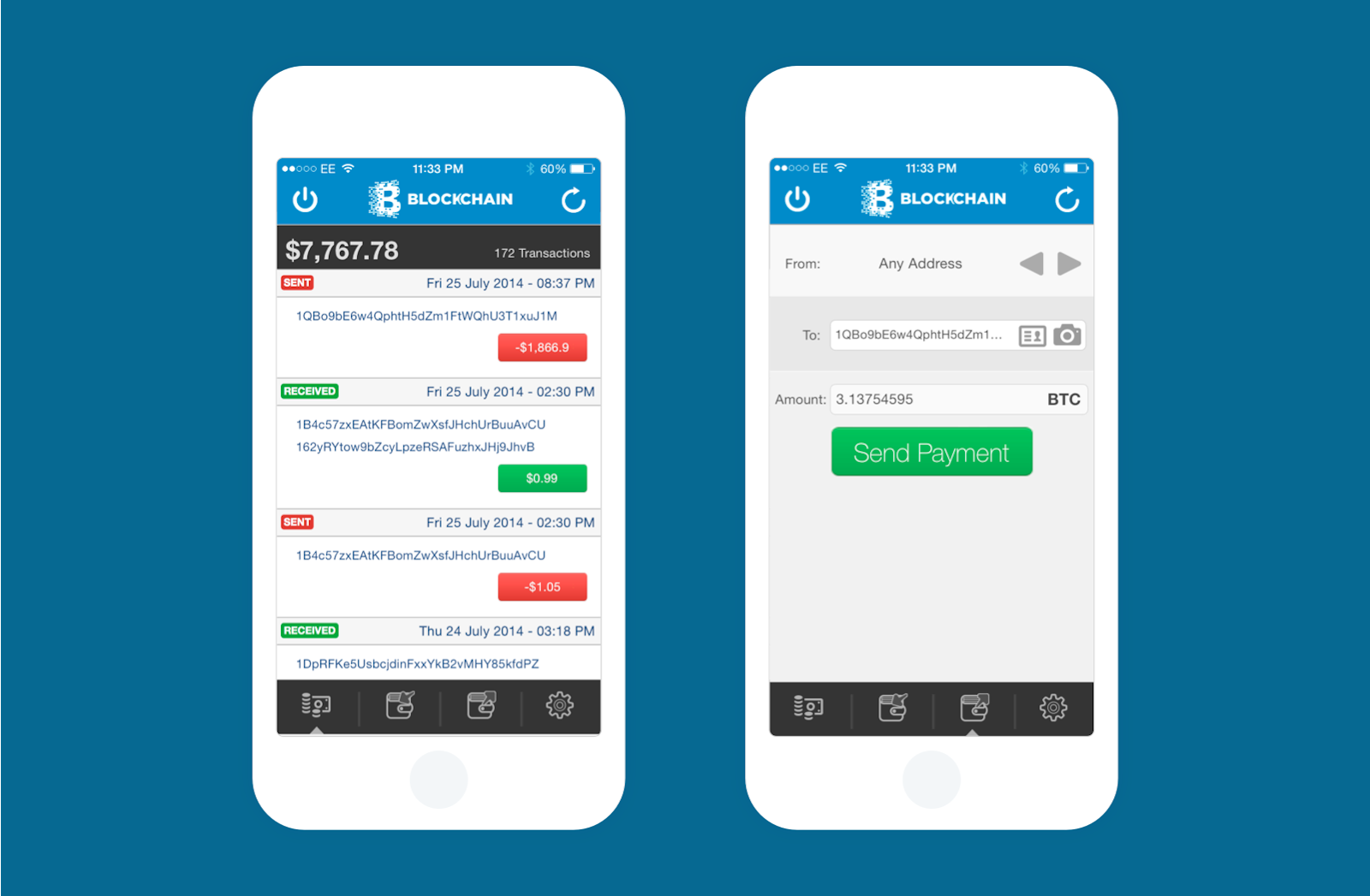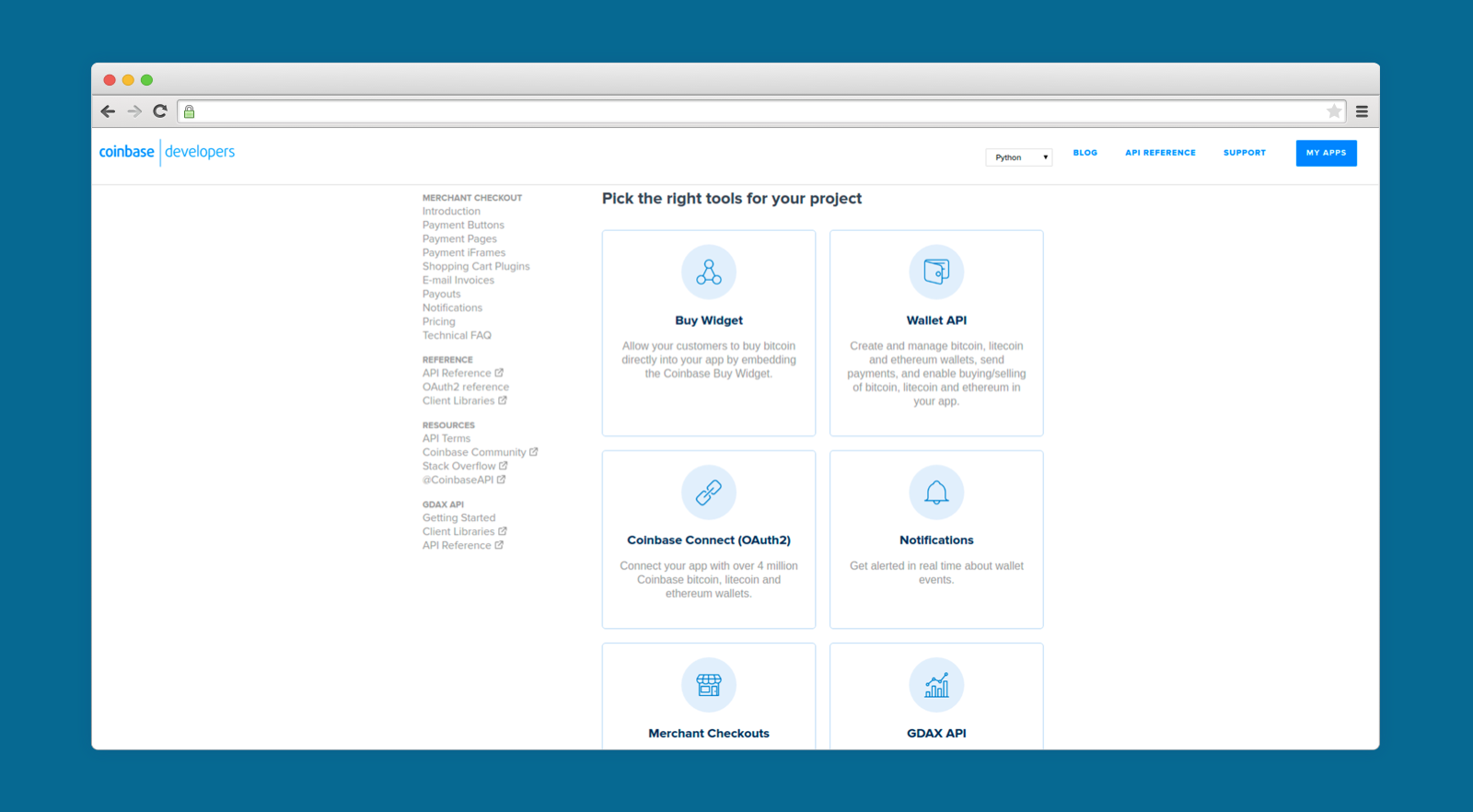Table of Contents
- Benefits of Bitcoin Wallets
- Bitcoin Wallet App Feature List
- Tech Stack for Bitcoin Wallet App Development
- Wrapping Up
Distributed technologies open new horizons for entrepreneurs from various fields. Cryptocurrencies, and Bitcoin, in particular, allow you to integrate distributed payments alongside conventional online payment methods. A trustworthy and easy-to-use Bitcoin wallet app can simplify the lives of users and bring revenue to the app owner. But how can you develop your own Bitcoin wallet? In this post, we’ll discover the benefits of Bitcoin wallets and their use cases for businesses.
Benefits of Bitcoin Wallets
As well as any other cryptocurrency, Bitcoin needs a digital wallet for transactions. Basically, a cryptocurrency wallet is a software that interacts with various blockchains and allows users to make financial operations with different cryptocurrencies. Even though the leading cryptocurrencies have their wallets, some of them require users to use third-party solutions.
To make a transaction via a cryptocurrency wallet, you have to know the receiver’s crypto address. Usually, it’s a set of random digits and letters that doesn’t make any sense. However, this address allows you to send and receive Bitcoins anonymously.

How safe is it to make cryptocurrency transactions? Blockchain financial operations are much more reliable than conventional methods like mobile banking. Before the operation, your transaction gets a digital signature. Then, it’s fitted into the blockchain, and the token of your transaction token is distributed between several blockchain members. These security measures prevent fraudsters from manipulating your funds and payment data.
Let’s find out Bitcoin wallet use cases:
- Payment in stores. Cryptocurrencies appeared a long time ago, and some companies integrated them as one of the payment methods. However, the majority of stores ignore the digital currency for their own reasons. Some entrepreneurs are afraid of fraudsters, while others think that Bitcoin payments are too hard and expensive to implement. Cryptopay has an efficient solution to this problem. This startup offers Bitcoin debit cards and POS terminals for business owners. Thus, users can pay with Bitcoin cards as easy, as with conventional credit cards.
- Payment of wages. BitWage is a company that offers Bitcoin payroll services. It’s more convenient for freelancers to receive digital assets for their work. BitWage has lower fees than Swift transactions or bank transfers.
- International transfers. Small retailers can’t work with foreign clients and companies because of the high taxes for international transactions. Cryptocurrency wallets reduce fees and encourage international business.

- Fraud prevention. Cryptocurrencies grant a high level of protection to users. With cryptocurrencies transactions, refunding is no longer a threat to your retail business. Bitcoin payments can’t be reclaimed, so you don’t have to worry about dishonest customers.
With your own Bitcoin mobile wallet app, you’re free to include any payment method you want. From cryptocurrencies to conventional currencies with the possibility to convert it to digital funds. Besides, pay attention to cryptocurrency as an additional payment method to already existing solutions. Companies like Amazon and Bloomberg process Bitcoin payments and expand their client base due to new payment methods.
Still, Bitcoin wallets and transactions have their own issues. One of them is the exchange rate fluctuation. Entrepreneurs should search for exchange methods if the company that receives digital payments doesn’t want to keep the cryptocurrency. Payment Service Providers (PSP) that process Bitcoin payments become a great solution for the problem. When clients purchase with Bitcoin, the PSP vendor converts the amount of digital money to conventional currency and sends it to the entrepreneur’s bank account.
Bitcoin Wallet App Feature List
Let’s take Coinbase, the most well known Bitcoin wallet, and single out its main features that every cryptocurrency wallet should have. Here they are:
- Sign in / Log in. Registration and login are required to get access to the personal profile.
- Profile management. The profile allows users to monitor their previous transactions and make new ones.
- Exchange rate. Your users should be able to monitor Bitcoin rate fluctuation.
- QR code scanner. QR codes allow sending cryptocurrency to other wallets without entering a long address.
- Bitcoin trading place. A Bitcoin market allows users to trade their Bitcoins for conventional currency and vice versa.
- Push notifications. Users will be notified about new transactions and warned about the malicious activity with their Bitcoin wallet.
- Security. When it comes to users’ funds, safety should be your top concern. Apart from the password, create a two-step verification and take care of technical support that will manage cases that concern account fishing.
Tech Stack for Bitcoin Wallet App Development
The Tech stack for your project depends on the platforms you chose and your business requirements. It’s hard to say what exact technologies you’ll need without knowing your demands.
If you’re going for an Android app, you’ll need to use Java for back-end logic of the product and Node.js combined with Closure for smaller back-end systems. As for the front-end, Angular will be your main tool. Databases are usually developed with MySQL. Besides, there are some additional frameworks, like Storyboards for iOS and Gradle for Android.

Also, there are several APIs that help developers to implement additional features in a shorter period of time and reduce app development cost. APIs provided by Blockchain support a lot of programming languages (Python, Java, Ruby, and more).
Here are some of the most useful APIs:
- Blockchain Data API: This API allows you to track distributed transactions and all the associated data.
- Receive Payments API V2: This API is the easiest way to accept Bitcoin payments.
- Exchange Rates API: This API allows you to monitor exchange rates of digital currencies in different markets.
Apart from APIs provided by Blockchain, there’s a set of APIs that extend your app's functionality:
- CoinMarketCap API. This API helps users to create digital charts of the cryptocurrency market. The data is transmitted as a plain code so it can be integrated into any app or website.
- Coinbase API. Coinbase provides an API that allows users to create and manage Bitcoin, Bitcoin Cash, Litecoin, and Ethereum wallets. It also provides secure storage for supported currencies and push notifications for new transactions.

Wrapping Up
To sum up, a Bitcoin wallet app can bring a lot of advantages both to entrepreneurs and their clients. Digital currencies are gaining momentum, so more and more people will use them over time. However, to come up with a secure and easy-to-use digital wallet, you have to find a professional team of developers.
Author’s bio:
Vitaly Kuprenko is a technical writer at Cleveroad. It’s a web and mobile app development company in Ukraine. He enjoys telling about tech innovations and digital ways to boost businesses.
Investment Disclaimer








